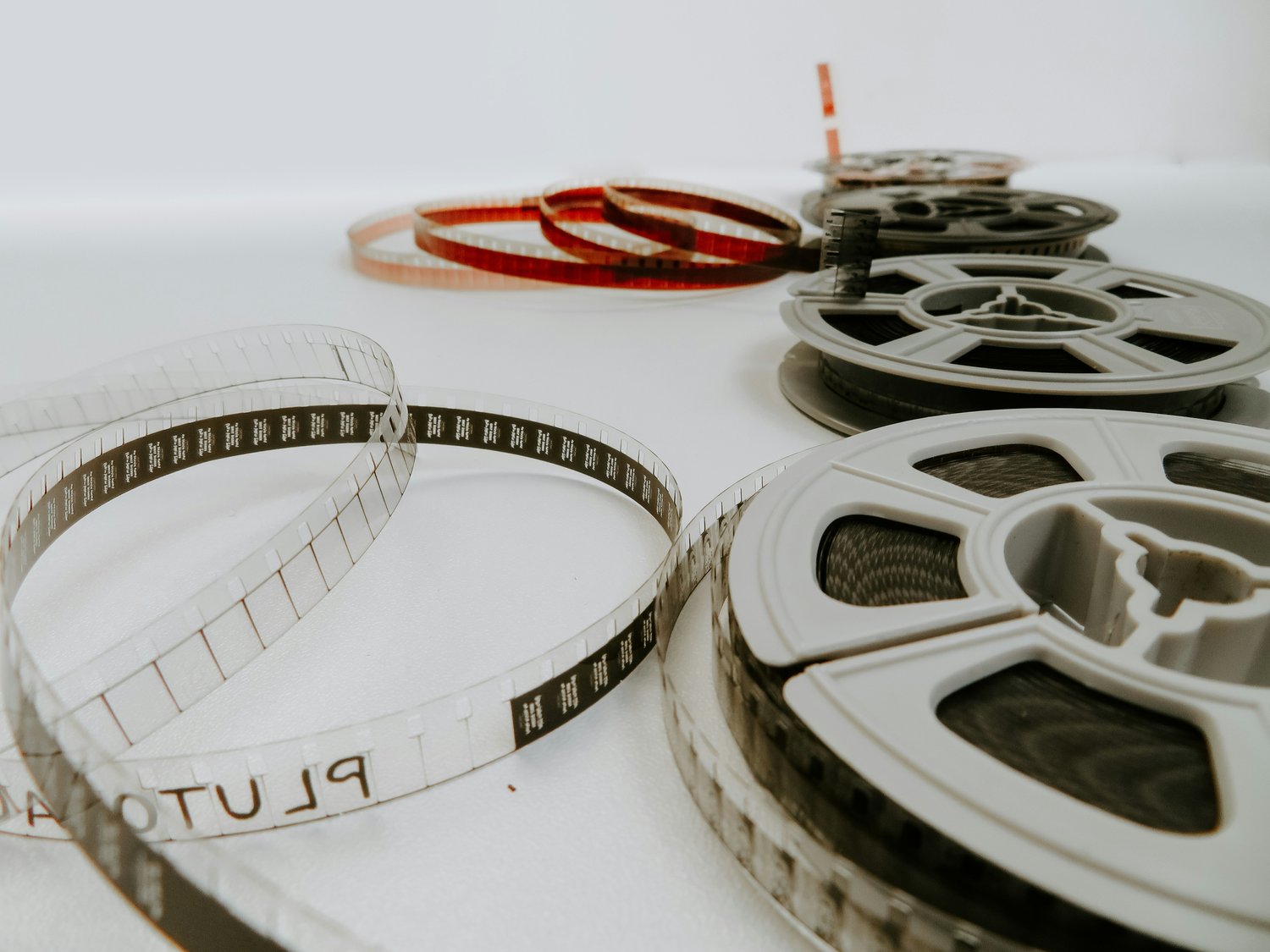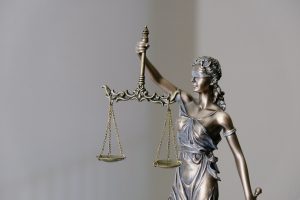Image: https://unsplash.com/photos/four-reel-films-lying-on-white-table-Lq6rcifGjOU
by Nancy Fernandez
The world of film production is as fraught with legal complexities as it is with creative challenges. One critical aspect often overlooked until it’s too late is the role of lawyers in managing and mitigating the fallout from accidents on set. This article explores the invaluable role lawyers play in film production, particularly in handling accidents, providing unique insights and a comprehensive analysis of their contributions.
The Unseen Protectors: Lawyers in Film Production
Film sets, bustling with activity, equipment, and personnel, are ripe for accidents, ranging from minor injuries to major incidents such as car accident. Here’s where lawyers come into the picture, often working behind the scenes but playing a crucial role.
1. Risk Assessment and Prevention
Before the cameras roll, lawyers help in assessing potential risks. This involves scrutinizing the script, identifying scenes that might pose risks, and advising on safety protocols. They work closely with production teams to ensure compliance with health and safety regulations, thus preventing accidents.
2. Contractual Safeguards
Lawyers draft and review contracts that include specific clauses related to accidents and liabilities. These contracts, which cover cast, crew, and even locations, ensure that all parties are aware of their rights and responsibilities, reducing potential legal disputes in the event of an accident.
3. Insurance and Liability
A key aspect of a lawyer’s role is to navigate the complex world of insurance. They ensure that the production has appropriate insurance coverage, including general liability, workers’ compensation, and specific coverage for stunts and hazardous activities. In the event of an accident, lawyers are instrumental in liaising with insurance companies to manage claims.
4. On-Set Legal Compliance
Lawyers monitor legal compliance on set. They ensure adherence to labor laws, particularly involving minors or working hours, and environmental regulations, especially when filming in sensitive locations.
When Accidents Happen: The Lawyer’s Role
Image: https://unsplash.com/photos/brown-wooden-smoking-pipe-on-white-surface-6sl88x150Xs
Despite preventive measures, accidents can and do happen. Here, the role of a lawyer becomes even more critical.
1. Immediate Response and Investigation
In the aftermath of an accident, a lawyer helps in coordinating the immediate response. This includes securing the scene, ensuring proper medical attention, and initiating an investigation to determine the cause.
2. Managing Communications
Lawyers often oversee communications following an accident. This includes statements to the media, ensuring that the information released is accurate and does not inadvertently admit liability or contradict legal strategies.
3. Litigation and Settlements
If an accident leads to litigation, lawyers represent the production company’s interests in court. They work on gathering evidence, defending against claims, or negotiating settlements. Their expertise is crucial in navigating these legal waters, protecting the production company’s interests, and ensuring fair treatment of the injured parties.
4. Policy and Practice Revisions
Post-accident, lawyers play a significant role in reviewing and revising safety policies and practices, learning from incidents to prevent future occurrences.
Conclusion: The Indispensable Role of Lawyers in Film Safety
In conclusion, lawyers are integral to the safety and legal soundness of film production. Their work, often unseen, involves not only dealing with the aftermath of accidents but, more importantly, preventing them.
By understanding and managing the legal complexities of film production, lawyers ensure that the magic of cinema is created without compromising the safety and rights of those involved. As the film industry continues to evolve, the role of legal professionals in ensuring safe and compliant production environments becomes ever more vital.



